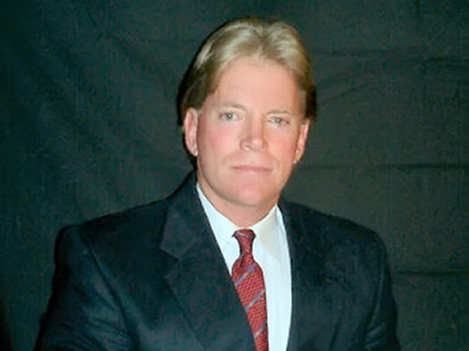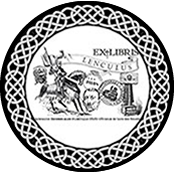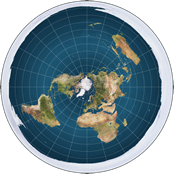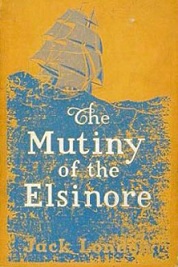 An Intro the 100th year anniversary edition of Jack London's Classic - The Mutiny of the Elsinore. In this book the great author of Call of the Wild and Sea Wolf writes an allegory about the Zionist takeover of the Western World. A brilliant preface by David Duke accompanies this book. And the book will be made into a professional audio movie. - Robert Lloyd
An Intro the 100th year anniversary edition of Jack London's Classic - The Mutiny of the Elsinore. In this book the great author of Call of the Wild and Sea Wolf writes an allegory about the Zionist takeover of the Western World. A brilliant preface by David Duke accompanies this book. And the book will be made into a professional audio movie. - Robert Lloyd
Davidduke.com
Jack London - Mutiny of the Elsinore - PDF
Jack London - PDF
David Duke - PDF
Jack London - Le talon de fer - PDF
Jack London - The iron heel - PDF
Jack London (January 12, 1876 – November 22, 1916), was an American author who wrote The Call of the Wild and other books.
A pioneer in the then-burgeoning world of commercial magazine fiction, he was one of the first Americans to make a huge financial success from writing.
 Jack London : An American Racialist
Jack London : An American Racialist
"The proper function of man is to live, not exist. I shall not waste my days in trying to prolong them. I shall use my time."
Although at the time, he probably didn't realize it, Jack London would come to fulfill his own words during a life full of adventure, controversy and undeniable tragedy. Jack London was an adventurer stuck in a world of convention. He was the successor to a long line of Aryan warriors, intellects, and conquerors. In his 1914 novel, The Mutiny of the Elsinore, he wrote "I know, now, that my forebears were Vikings. I was seed of them in their own day. With them I have raided English coasts, dared the Pillars of Hercules, forayed the Mediterranean, and sat in the high place of government over the soft sunwarm peoples." Such Racial awareness as this is extraordinary no matter in what time it manifests itself. What made Jack London special, as you will see, was his ability to express in words what had taken centuries to ingrain in the Aryan soul.
Jack was born out of wedlock to Flora Wellman and Professor William H. Chaney on January 22, 1876 in San Francisco, California. Flora, the estranged, somewhat rambunctious daughter of a wealthy Eastern family, would never marry Chaney. When Jack was eight months old, Flora married a working-class-man by the name of John London. He would be the only father Jack ever knew. His early years were filled with poverty. As a thirteen year-old, he worked along children of six and seven in a pickle cannery for 10 cents an hour, often sixteen hours a day. These early experiences would fuel his life long hatred for capitalism. He eventually quit his job and become an oyster pirate, sailing his own ship. Always the restless wander, at age 21 he set sail for the Klondike with the hope of striking it rich. His experience in the Klondike, though rather miserable, would greatly influence his later literary work.
When Jack returned to his home town of Oakland, he was determined to start his literary career. He would religiously write one thousand words per day, rain or shine. For several years he spent much of his money on postage stamps for the hundreds of manuscripts he sent to magazines around the country. Jack London could have wallpapered his house several times over with the rejection papers he received, but he didn't give up. His work was too brutally honest, with an emphasis on brutal, for most of the pulp magazines he was trying to write for. Finally in 1897, The Overland Monthly published one of his stories, for which he was paid five dollars. Jack soon realized that his fortunes would lay in the publishing of his books.
In 1903, Jack's first commercially successful book, The Call of the Wild, was published. The story is a deceptively simple one about a kidnapped dog, named Buck, who is taken to the Yukon and sold as a sled-dog. In truth, it's the story of race, the superiority of one race over the other, and the survival of the fittest. Although Jack is writing about a dog, his theories also relate to humans. Buck knew that, "he must master or be mastered; while to show mercy was weakness. Mercy did not exist in the primordial life. It was misunderstood for fear, and such misunderstandings made for death. Kill or be killed, eat or be eaten, was the law; and this mandate, down out of the depths of Time, he obeyed." This excerpt sums up much of Jack London's philosophy. Genetics - the will to survive - was the all-determining factor in his view of life. It decided what race, species, or individual would survive to pass on their genes. Jack would revisit this topic over and over again in his work. As he expressed, the year earlier, in his sociological work The People of the Abyss, Jack had an incredible amount of compassion for the poor working-class. This compassion was not of the sniveling and charitable type, but of the steel fisted revolutionary sort. In 1905, while addressing a group of wealthy capitalists in New York, Jack said: "Look at us! We are strong! Consider our hands! They are strong hands, and even now they are reaching forth for all you have, and they will take it, take it by the power of their strong hands; take it from your feeble grasp." Jack believed that revolution was the only possible answer to the problem of capitalist domination. Jack wrote eight months before his death, "My final word is that liberty, freedom, and independence, are royal things that cannot be presented to, nor thrust upon, races or classes. If races and classes cannot rise up and by their own strength of brain and brawn wrest from the world liberty, freedom, and independence, they never...can come to these royal possessions."
"... Ours is a lordly history, and though we may be doomed to pass, in our time we shall have trod on the faces of all peoples, disciplined them to obedience, taught them government, and dwelt in the palaces ..."
In Jack's next novel, The Sea-Wolf, he would again consider the influence of genetics on the human condition. The novel tells the story of Humphrey Van Weyden who transforms himself from weakling to warrior during his stay on the Sea-Wolf. In the middle of a dangerous seal hunting expedition, Humphrey thinks to himself: "The youth of the race seemed burgeoning in me, over-civilized man that I was, and I lived for myself the old hunting days and forest nights of my remote and forgotten ancestry." A similar instance occurs in the short story In the Forests of the North. It follows, "He, alone, was full-blooded Saxon, and his blood was pounding fiercely through his veins to the traditions of his race." Jack was incredibly proud of his Racial heritage, and he was not afraid to express it through his novels and short stories.
With the Russio-Japanese War raging in the Far East, the Hearst newspapers offered Jack the assignment of covering the conflict for them. On January 7, 1904, he set sail for Yokohama, on board the S.S. Siberia. Upon arriving in Japan, Jack quickly disobeyed the orders of the Japanese government that no reporters be present at the Korean Front. He sneaked into Korea by chartering a rickety sampan to take him across the Yellow Sea. Once there he was immediately struck by the cruel treatment inflicted upon the Russian prisoners by the Japanese. In one of his dispatches he wrote, "These men were my kind." He also stated that he would have preferably joined the Russians "in their captivity, rather than remain outside in freedom amongst aliens." When Jack returned to America, many, including his fellow socialists, questioned his vehement attacks on the Japanese and the "yellow peril." He answered them simply: "I am first of all a white man and only then a socialist."
In The Iron Heel, released in 1908, Jack records the events surrounding the rise of the working-class and their bloody attempt to destroy capitalism. The story is told by the wife of revolutionary, Ernest Everhard. Ernest is described as "...a superman, a blond beast such as Nietzsche described." The book was universally mocked by the critics and many socialists. The Independent concluded that "semi-barbarians, to whom this sort of stuff appeals, may possibly tear down our civilization." We certainly hope so. The most prophetic part of the book comes at the end. After a failed uprising in Chicago, many revolutionaries are murdered by the Iron Heel. In our own time we have seen mini coups at Whidbey Island, Ruby Ridge, Waco and Oklahoma City that have failed to ignite the multitudes in a national revolution. From the ashes of this failed revolution rise terrorists groups more radical than Ernest Everhard could have imagined. Jack describes some of these groups: "The Valkyries were women. They were the most terrible of all. No woman was eligible for membership who had not lost near relatives at the hands of the Oligarchy. They were guilty of torturing their prisoners to death. A companion organization to the Valkyries was the Berserkers. These men placed no value whatever upon their own lives, and it was they who totally destroyed the great mercenary city of Bellona along with its population of over a hundred thousand souls." I am sure one can name at least ten contemporary groups with similar goals. After the death of Robert Mathews and other comrades, the American government has made many in the revolutionary movement even more radical. The more something is suppressed, the more dangerous and powerful it becomes.
Another highly Racial novel was The Valley of the Moon. The two main characters are Billy Roberts and his wife Saxon. They are a working-class couple living in Oakland during the early 20th century. As life becomes increasingly difficult for the urban working class, and a revolutionary friend of theirs is murdered, Billy and Saxon decide to abandon city life and go in search of an unknown paradise in the countryside they call the Valley of the Moon. When Billy and Saxon first meet, she explains to him the origin of her unusual name: "My mother gave it to me ... the Saxons were a race of people - she told me all about them when I was a little girl. They were wild, like Indians, only they were white. And they had blue eyes, and yellow hair, and they were awful fighters." She continued: "They were the first English, and you know the Americans came from the English. We're Saxons, you an' me, an' Mary, an' Bert..." Racial pride is something Jack London's characters are always willing to exhibit. Also Racial loyalty, something we rarely see in the White man today, is a sub-plot in The Valley of the Moon.
Billy and Saxon's friend Bert becomes increasingly revolutionary in his thinking as the living conditions of the working-class in Oakland sink deeper into poverty. He said: "What chance have we got? We lose. There's nothin' left for us in this country we've made and our fathers an' mothers before us. We're all shot to pieces. We can see our finish-we, the old stock, the children of the White people that broke away from England..." After Billy asks Bert what we should do about it, Bert responds, "Fight. That's all. The country's in the hands of a gang of robbers." It is more true today than it was then.
One of Jack's last novels, The Mutiny of the Elsinore, was written in 1914. The main character is a young playwright, much like Jack London, who is a passenger on the Elsinore in route from Baltimore to Seattle. The novel is an allegory for the history of the White Man. I cannot add much to what is Jack's greatest Racial achievement therefore I will quote chapter 22 at length. It follows, "Every one of us who sits aft in the high place is blond Aryan. For'ard, leavened with a ten per cent. Of degenerate blondes, the remaining ninety per cent. Of the slaves that toil for us are brunettes." The struggle between the Aryan masters and the non-Aryan crew on board the ship represents the same universal struggle in miniature.
As far as I know, Jack London, in The Mutiny of the Elsinore, is the first articulate spokesman for racial separation in modern times. After the mutiny has occurred, the dark-skinned mutineers, which included Jews, are trapped by the blondes in the aft. The blondes keep themselves protected in the ship's forward with their cache of guns, ammo and food. The plan is to starve the darkies out until they surrender. After the mutiny, the young playwright notices a change in the mood of the Elsinore's passengers. He wrote, "All our voyage from Baltimore south to the Horn and around the Horn has been marked by violence and death. And now that it has culminated in open mutiny there is no more violence, much less death. We keep to ourselves aft, and the mutineers keep to themselves for'ard. There is no more harshness, no more snarling and bellowing of commands, and in this fine weather a general festival obtains." Jack was trying to explain how it is that Racial separation is the peaceful and human solution to the world's problems. When the races are separated, as on the Elsinore, there is much less conflict.
In one of his greatest insights, Jack summarizes the achievements, failures, and possible future of the Aryan race, "And I look at the four of us at table - Captain West, his daughter, Mr. Pike and myself - all fair-skinned, blue-eyed, and perishing, yet mastering and commanding, like our fathers before us, to the end of our type on the earth. Ah, well, ours is a lordly history, and though we may be doomed to pass, in our time we shall have trod on the faces of all peoples, disciplined them to obedience, taught them government, and dwelt in the palaces we have compelled them by the weight of our own right arms to build for us." Jack saw the future of our race as hopeful and full of possibilities. After the death of the Captain West and Mr. Pike, it is the Aryan playwright that, by superior intellect and by violence, takes back the Elsinore. In this instance, our race won.
As his fame grew, Jack traveled the world; always returning to the calming influence of the sea. His second wife, Charmian, now accompanied him. He also continued with his interest in politics, mainly socialism. His relationship with the Socialist Party had always been a rocky one. Jack's extreme revolutionary ideas, which were often violent in nature, and his racism brought him to constant blows with many other socialists. During his reporting of the Mexican Revolution in 1914, he referred to the revolutionaries as "stupid anarchists" and "half-breeds" mentally incapable of government rule. As the American Socialists did a slow burn back in the States, Jack continued to write scathing Racial articles about the Mexicans. He wrote, "the mixed breed always is - neither fish, flesh, nor fowl. They are neither White men nor Indians. Like the Eurasians, they possess all the vices of their commingled bloods and none of the virtues." As the alien hordes of mongrels have swept across Aryan lands, we have seen this statement become all too true. Jack believed that the natural resources of Mexico should be used for the betterment of the White Race. This infuriated the Socialists in America. Jack had carved an impasse between himself and the Socialist Party that would never be bridged. In 1916, the year of his death, he resigned from the Socialist Labor Party. At this point in his short life, almost sensing his premature death, he became a hard-core revolutionary. He felt that the Socialist Party had lost its "fire and fight."
Many Jack London biographers and scholars have made the mistake of believing that as Jack grew older his racial views lessened in intensity. To support their theory they point to the fact that Jack and Charmian felt sympathy for the plight of the native Polynesians, then under White capitalist control. During their attempted around the world trek in 1907-1910, they witnessed the suffering of the natives. As Jack stated later in The Mutiny of the Elsinore, he and Charmian felt that Racial separation was to the betterment of the White, as well as, the dark races. Jack's last major novel, The Little Lady of the Big House, was published the same year of his death. He wrote "You are successes. Your muscles are blond-beast muscles, your vital organs are blond-beast organs. And from all this emanates your blond-beast philosophy. That's why you are brass tacks and preach realism, and practice realism, shouldering and shoving and walking over lesser and unluckier creatures who don't dare talk back."
Jack London's writings stand as a testimony to a dying breed of White man, determined to exert his Will to Power over those who would let him. London was a proud and loyal member of our Folk, and whereas he died young, his wisdom shall transcend time and endure as glints in the eyes of the young and old alike, warmed by his poetic expressions of Aryandom.
Jack London - A White Man Of Whom We Are Proud.
Joseph Carl - Resistance Issue 6. 1996. p. 20-24

David Duke - VIDEOS
David Duke - Le génocide des français
David Duke - Should christians support Israel
David Duke - Le génocide des Blancs en Afrique du Sud
David Duke - L'élite criminelle choisie par Dieu
David Duke - Pourim Fête de la haine
David Duke - Panthères noires Obama et les droits civiles des Blancs
David Duke - La scandaleuse hypocrisie raciste d’Israël et du sionisme mondial
David Duke - Est-ce que les sionistes contrôlent Wall Street Des faits scandaleux
David Duke - L'armée rouge sioniste
David Duke - The shocking jewish role in slavery
David Duke - L'hypocrisie d'Hanoucca
David Duke - The Hollywood basterds
David Duke - America is jewish ruled communism
David Duke - Freud le sionisme et la révolution sexuelle
David Duke - Sauver l'Europe et tout le monde Blanc
David Duke - The zionist matrix of power
David Duke - Le secret derrière le communisme
David Duke - Sex and lies in Israel
David Duke - La destruction de l'Amérique
David Duke - Un grand rabbin expose le supremacisme juif
David Duke - Will the White race survive
David Duke - Diviser pour mieux régner
David Duke - La terre promise du crime organisé
David Duke - Rape and reality in America
David Duke - La race et la réalité 1 Casser le tabou
David Duke - La race et la réalité 2 La science casse le tabou
David Duke - La race et la réalité 3 Biodiversité humaine et paix
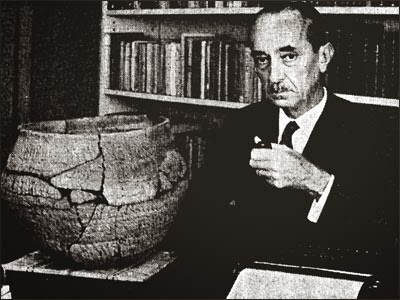
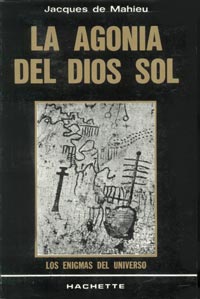 Jacques de Mahieu - La Agonia del Dios Sol
Jacques de Mahieu - La Agonia del Dios Sol

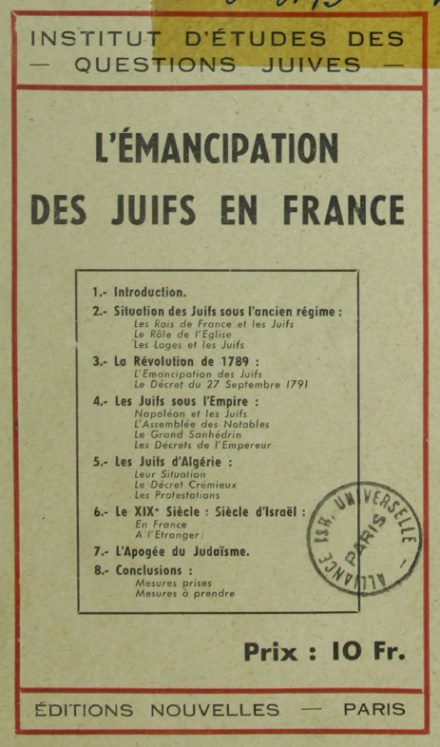
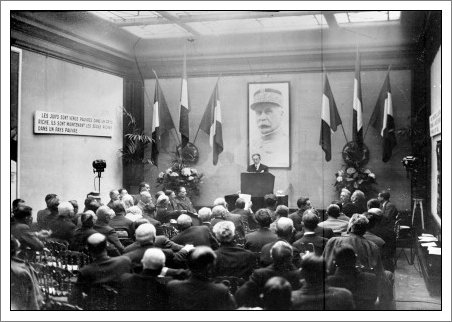

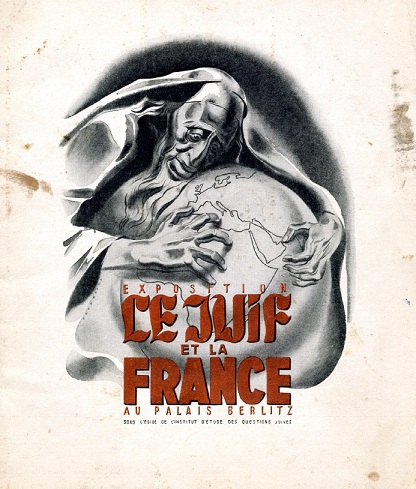
 An Intro the 100th year anniversary edition of Jack London's Classic - The Mutiny of the Elsinore. In this book the great author of Call of the Wild and Sea Wolf writes an allegory about the Zionist takeover of the Western World. A brilliant preface by David Duke accompanies this book. And the book will be made into a professional audio movie. - Robert Lloyd
An Intro the 100th year anniversary edition of Jack London's Classic - The Mutiny of the Elsinore. In this book the great author of Call of the Wild and Sea Wolf writes an allegory about the Zionist takeover of the Western World. A brilliant preface by David Duke accompanies this book. And the book will be made into a professional audio movie. - Robert Lloyd Jack London : An American Racialist
Jack London : An American Racialist
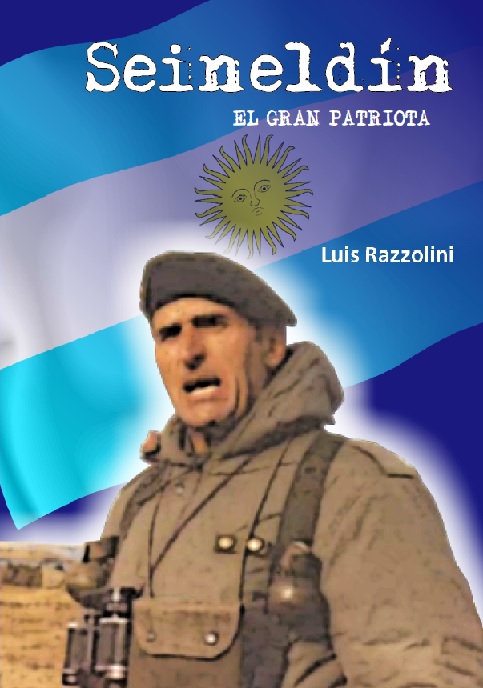
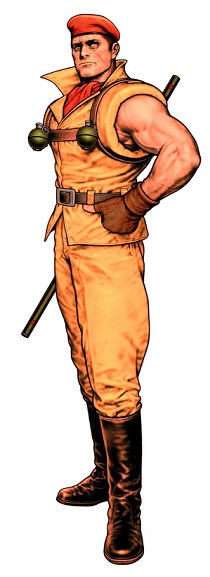 Le 2 septembre 2009, à Buenos Aires, le colonel Seineldín, cadre de réserve de l’armée argentine, est décédé à l'âge de soixante-quinze ans après une vie militaire et politique bien remplie. Cette disparition inattendue a fait la une de tous les quotidien sud-américain et les obsèques de ce héros de la guerre des Malouines ont réunies une foule dense où les anciens combattants côtoyaient les militants péronistes et les activistes de l’extrême gauche marxiste léniniste. Totalement inconnu en Europe, Mohamed Alí Seineldín était considéré, en Amérique, latine à la fois comme une des sources d’inspiration d'Hugo Chavez dans les années 1980-1990 et comme l’incarnation la plus pure du nationalisme argentin.
Le 2 septembre 2009, à Buenos Aires, le colonel Seineldín, cadre de réserve de l’armée argentine, est décédé à l'âge de soixante-quinze ans après une vie militaire et politique bien remplie. Cette disparition inattendue a fait la une de tous les quotidien sud-américain et les obsèques de ce héros de la guerre des Malouines ont réunies une foule dense où les anciens combattants côtoyaient les militants péronistes et les activistes de l’extrême gauche marxiste léniniste. Totalement inconnu en Europe, Mohamed Alí Seineldín était considéré, en Amérique, latine à la fois comme une des sources d’inspiration d'Hugo Chavez dans les années 1980-1990 et comme l’incarnation la plus pure du nationalisme argentin.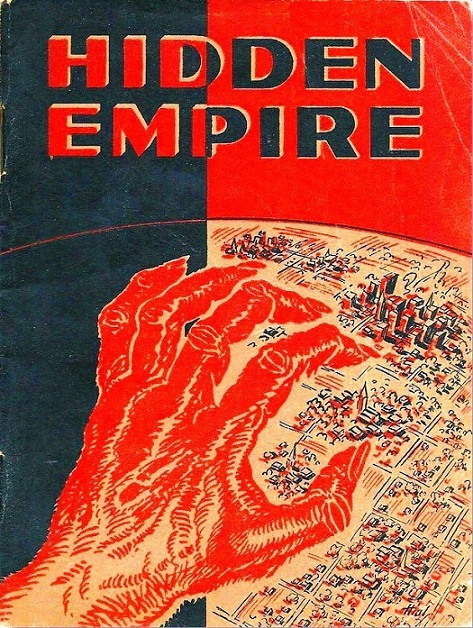
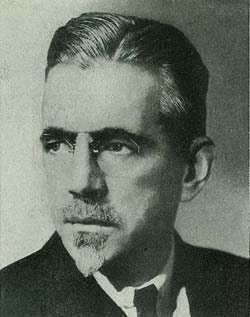 William Dudley Pelley (March 12, 1890–July 1, 1965) was a journalist, publisher, novelist, Hollywood screenwriter, spiritualist, and the nationalist founder of the Silver Legion of America (Silver Shirts). Pelley ran for President of the United States in 1936 under the banner of the Christian Party. He was twice indicted for sedition and with one conviction was sentenced to 15 years imprisonment.
William Dudley Pelley (March 12, 1890–July 1, 1965) was a journalist, publisher, novelist, Hollywood screenwriter, spiritualist, and the nationalist founder of the Silver Legion of America (Silver Shirts). Pelley ran for President of the United States in 1936 under the banner of the Christian Party. He was twice indicted for sedition and with one conviction was sentenced to 15 years imprisonment.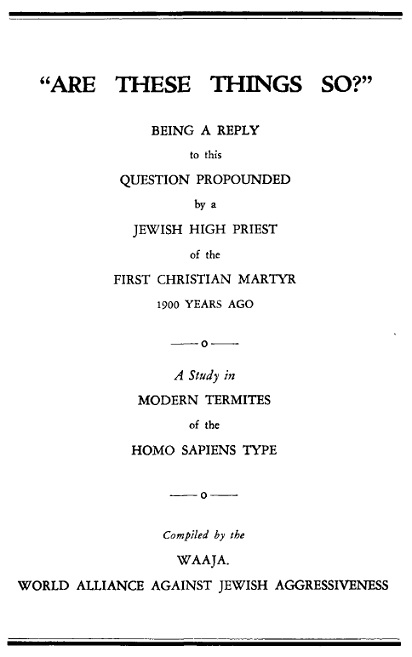

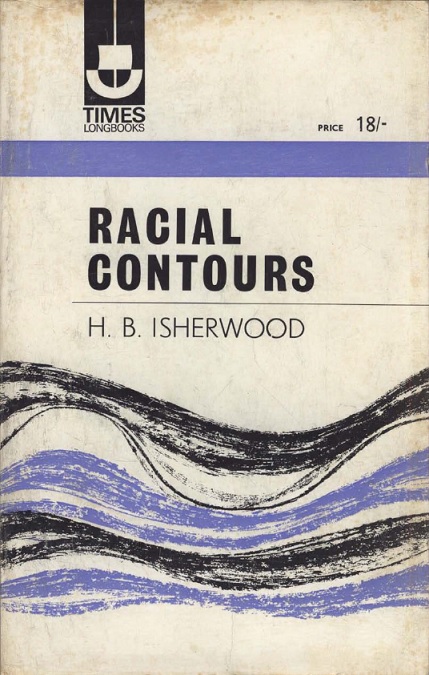
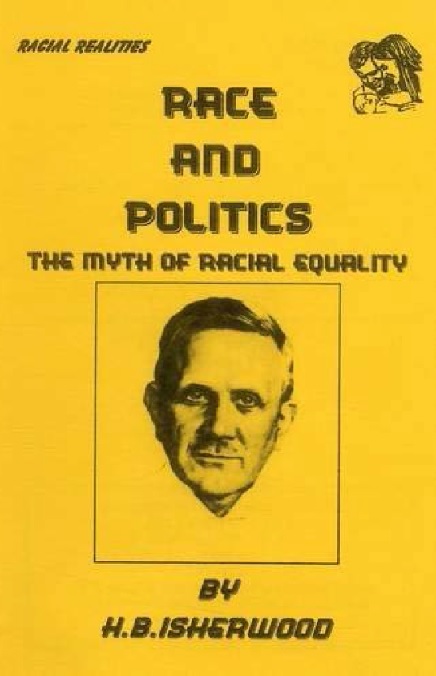
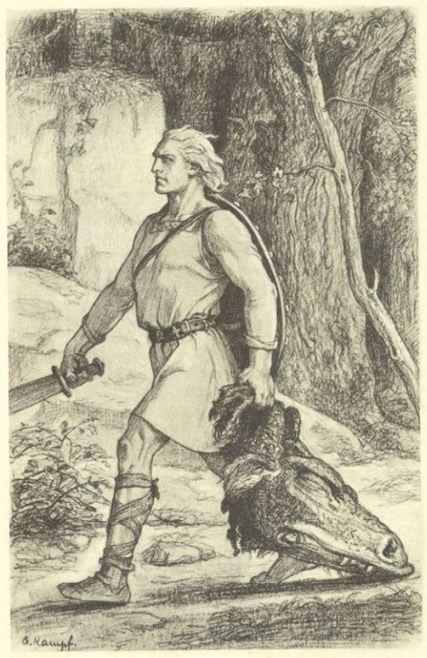

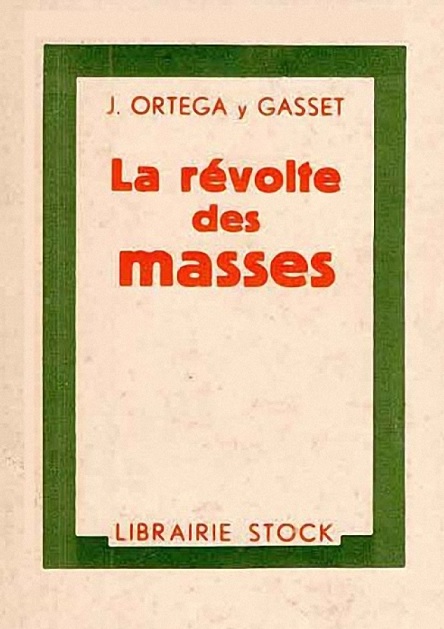
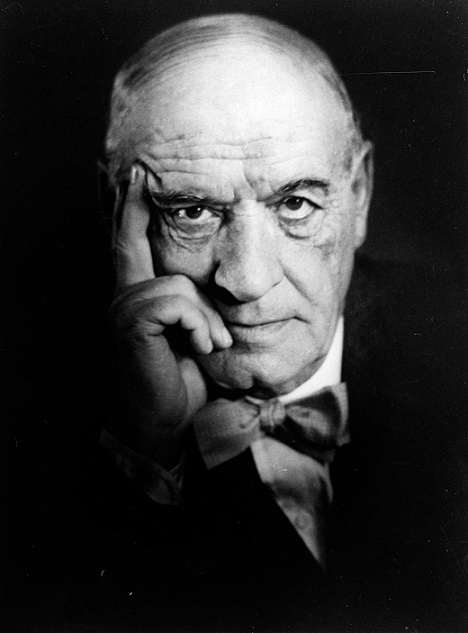
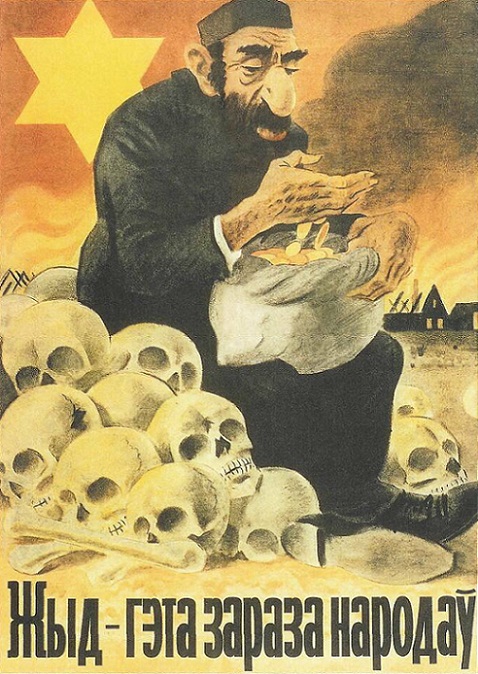
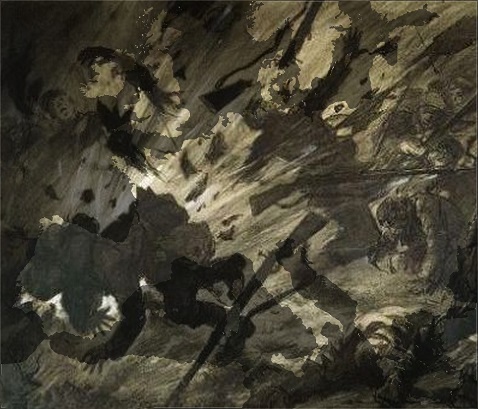
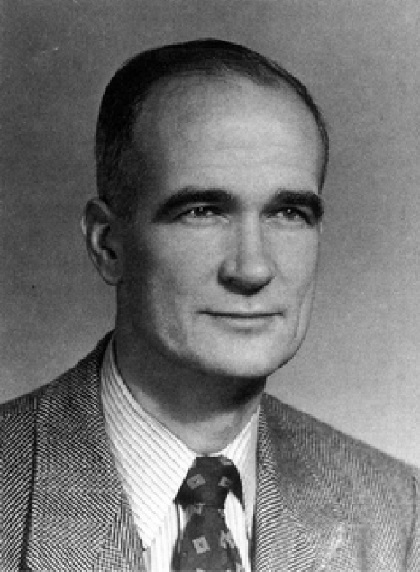
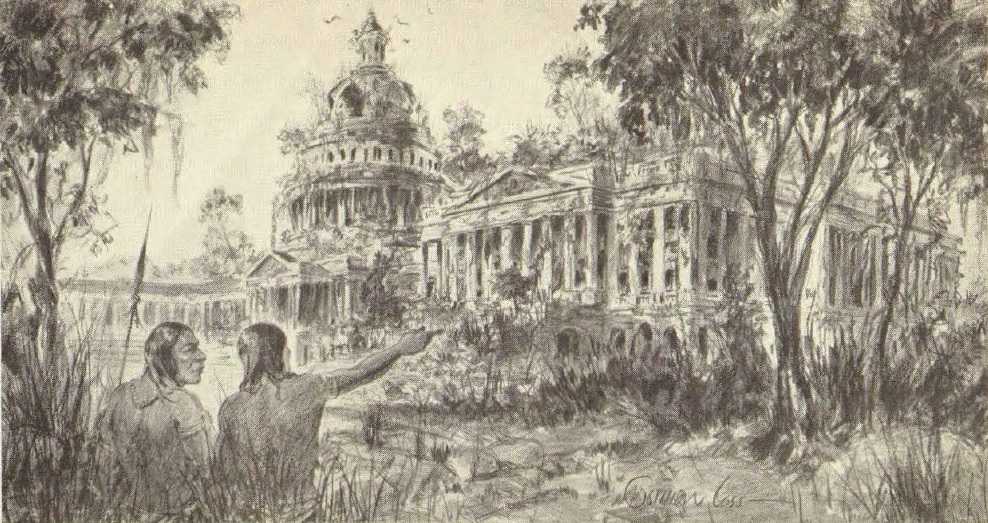
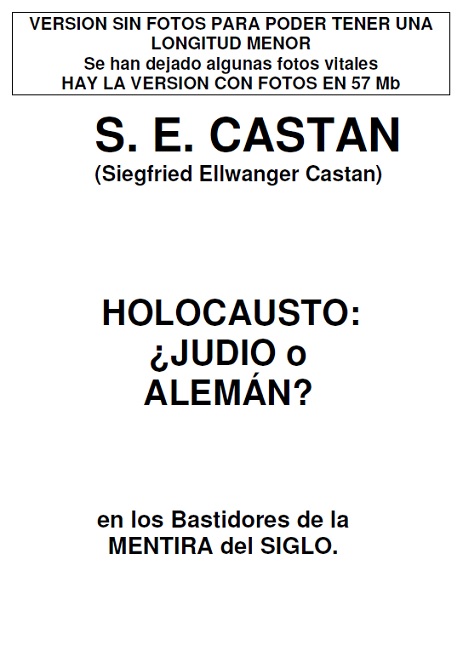
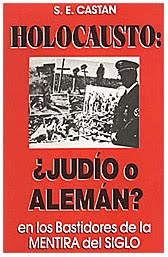 Siegfried Ellwanger Castan
Siegfried Ellwanger Castan
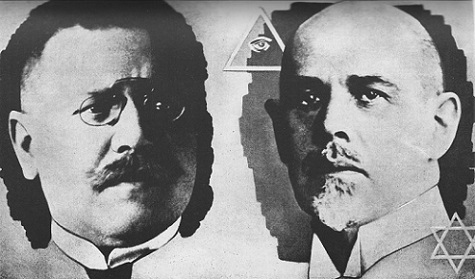


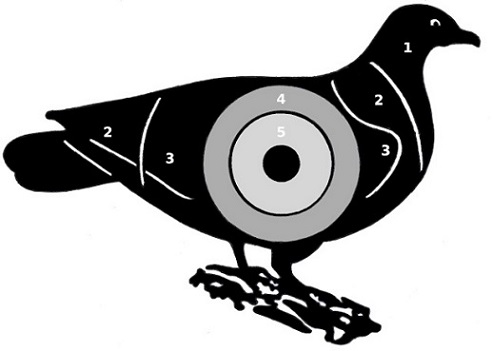

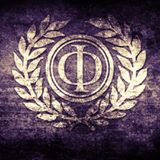 American Dissident Voices Broadcast by
American Dissident Voices Broadcast by
